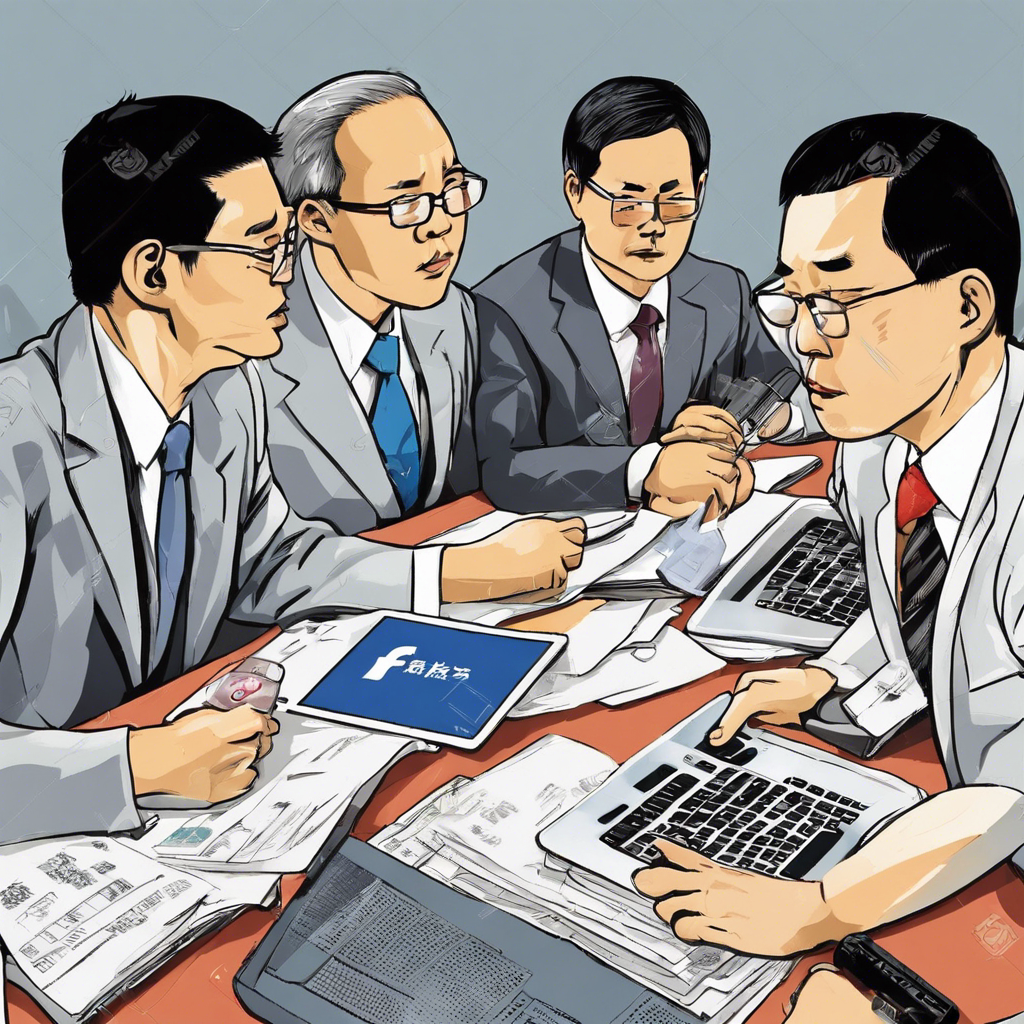Chinese Analysts Face Social Media Restrictions Amid Economic Crisis

Prominent Chinese analysts find their social media accounts restricted, preventing them from commenting on the country’s struggling economy and stock markets.
China’s economic challenges have prompted the government to restrict the ability of prominent analysts to comment on the country’s ailing stock markets and struggling economy. At least six analysts have been subjected to social media restrictions, preventing them from uploading new posts or gaining new followers on popular platforms. This move comes as the Chinese government aims to control the narrative surrounding the country’s economic prospects and maintain market confidence. However, the censorship of critical economic analysis may have unintended consequences, including deterring foreign investors and exacerbating concerns about data opacity.
Restrictions on Prominent Analysts:
Among the analysts affected by the social media restrictions is Liu Jipeng, an advisor to the Chinese government who recently urged retail investors to refrain from investing in the stock market. Liu has not posted on social media since early December, and users can no longer follow his accounts. Other analysts facing restrictions include Dan Bin, chairman of FEOSO Arbor Investment Management, Liu, a professor and director of the Capital Finance Institute at China University of Political Science and Law, Hong Rong, a stock market commentator and analyst, and Ge Long, founder of investment research firm Gelonghui. These analysts had previously provided candid views on the state of China’s economy, but their ability to do so has now been curtailed.
Government’s Efforts to Control the Narrative:
The restrictions on analysts’ social media accounts coincide with a major conference hosted by President Xi Jinping to discuss economic targets and policies for the coming year. The ruling Communist Party has emphasized the need to strengthen economic propaganda and public opinion guidance, promoting a positive narrative about the Chinese economy. The national security ministry has also intensified efforts to suppress pessimistic opinions about China’s economic future, particularly from individuals with “ulterior motives.” The government fears that negative sentiments could further erode consumer confidence and disrupt market expectations, thereby jeopardizing security.
Impact on Foreign Investors and Data Transparency:
The lack of transparency surrounding China’s economy, coupled with the censorship of critical economic analysis, may deter global investors. Foreign direct investment into China has already fallen to its lowest level in nearly four years, according to recent data from the Ministry of Commerce. The silencing of critical views and the tightening control over the narrative surrounding the economy may have the opposite effect of attracting foreign capital. Concerns about data opacity and the reliability of economic information have already weighed on the economy. Multinational companies require access to reliable information to make informed decisions about investing in China.
Conclusion:
As China grapples with economic challenges, the government’s efforts to control the narrative and restrict critical economic analysis may have unintended consequences. The silencing of prominent analysts and the lack of transparency surrounding the economy could deter foreign investors and exacerbate concerns about data opacity. While the government aims to maintain market confidence and promote a positive narrative, the censorship of critical voices may undermine these goals. As the economy weakens, negative views of the economy could potentially exacerbate the downturn. It remains to be seen how the government’s control over information will evolve and how it will impact China’s economic prospects in the long run.

